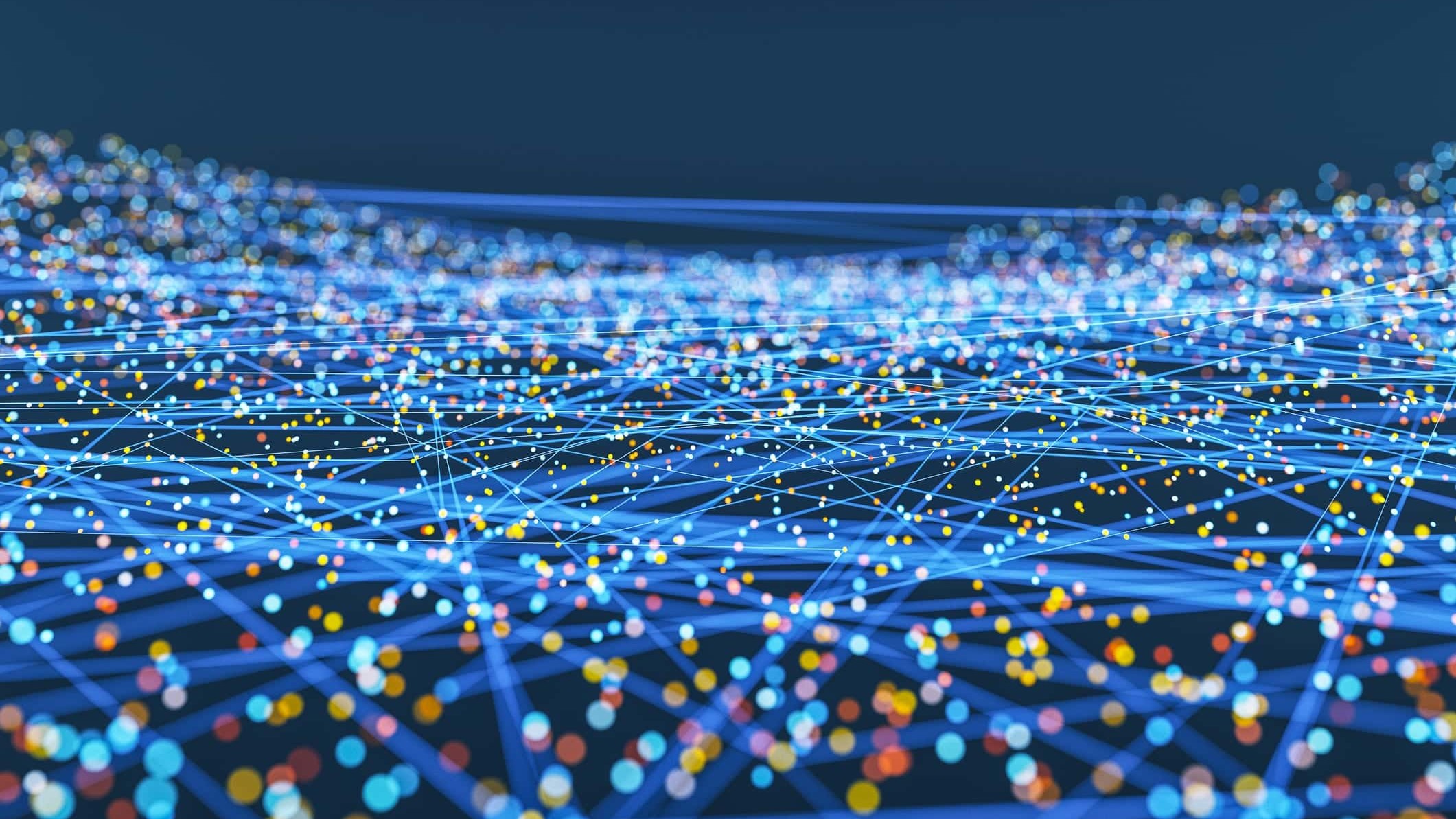We stand on the precipice of one of the greatest technological leaps in human history.
Once confined to the pages of sci-fi books and movies starring The Governator, the rapid improvement of computing power in the last decade has suddenly made artificial intelligence technology more tangible. The reality of that AI is coming faster than we anticipated struck home when the AlphaGo program began making mincemeat out of the world’s best Go players — 10 years sooner than anyone thought it would happen.
Naturally, we’re all starting to wonder whether AI will become so advanced as to eliminate all the jobs humans currently do. Will it become better than humans at driving cars, working assembly lines, writing blog posts?
Unfortunately, it’s unclear how AI technology will alter the job market or shape the economy of the future, but we do know that it will have a drastic and permanent impact. It will alter job paths, augment how and where we do our work and reshape entire industries.
So, will we all be out of a job or what?
This is the million — or make it trillion — dollar question. And while we wait for everyone from Elon Musk to Bill Gates to every research firm in the world to figure it out, AI is already getting integrated in the real world and taking the place of humans in very real ways.
Max Versace, who runs a company building artificial intelligence, writes for Forbes that he believes there will be key industries the most impacted by this tech. These include typically high-risk and low-wage categories such as miners, assembly workers and taxi drivers.
Even in just the last few months, we’ve seen companies like Amazon take strides towards replacing certain jobs with AI, like opening a convenience store with no cashiers.
We’re at an inflection point, where everyone wants AI, but we still need humans to build out the technology. In the near future, some predict a seismic shift in where the jobs are, not necessarily an elimination of jobs.
At a recent conference, executives from Gartner predicted that while AI would eliminate 1.8 million jobs, it would create 2.3 million new ones by 2020, meaning a net of 500,000 jobs overall. We know that AI will create new jobs of some kind, but this is one of the most optimistic outlooks we’ve seen so far, and from a reputable source.
So will AI be taking our jobs? The answer is: sort of.
Many jobs will be eaten up by automation, and some workers will undoubtedly see their roles greatly reduced or eliminated. But there will be an increased need for computer engineers, software developers and ancillary roles to drive the AI market and manage integration as it begins to proliferate into the real world. And there are some who predict AI managing some or all of certain jobs is actually a good thing.
More time to unlock human potential
Bill Gates, who some would call smart, thinks that AI could actually enable us to be much more productive with less labor, giving us time to do more important and exciting things with our time.
As he told Fox Business, “the purpose of humanity is not just to sit behind a counter and sell things…”
Gates foresees a world where AI isn’t taking jobs away but augmenting what we’re already doing to make it more efficient and productive. He argues that increased levels of production may ultimately lead to “Longer vacations for employees … a redirecting of positions to re-focus on helping the elderly, working with children with special needs and reducing the class divide.”
McKinsey & Company sees similar potential, noting that “AI can lead to higher labor productivity, economic growth, and societal prosperity.”
Sounds pretty great, doesn’t it? But this vision of the future of AI only works if we set things up the right way.
New job paths
While there is some upside overall, people with certain skills will likely end up without a job. This is a reality that we will have to address.
Retraining programs will be essential to ensure we’re not leaving anyone behind, and we’ll need to take a serious look at whether current job paths will meet the needs of an AI-driven future.
Leaders from technology, education and government can come together now to begin identifying opportunities for developing pathways which will create a workforce well-suited to the economy of the future.
Joe McKendrick, writing for Forbes, sees entire new classes of jobs popping up thanks to AI, which will require “a workforce of skills that can’t quite be imagined these days.”
It’s up to us to put on our imagination caps and start figuring out ways to develop that workforce, ensuring that AI creates an economy that works for everyone.
Turn and face the strange
Suggested Reading:
While it’s unclear exactly how it will play out, we can expect a seismic shift in how we work, the types of jobs that will need to be filled and the creation of policies aimed at making the transition as painless for as many people as possible, all thanks to AI.
It’s unlikely we’ll all be out of jobs as bots manage every aspect of our daily lives. But we may end up doing things in ways we never imagined or find ourselves in roles we never knew would exist. As AI makes its way out of the pages of comic books and into our day-to-day lives, it will be up to us to embrace the change and allow it to reach its full potential.

